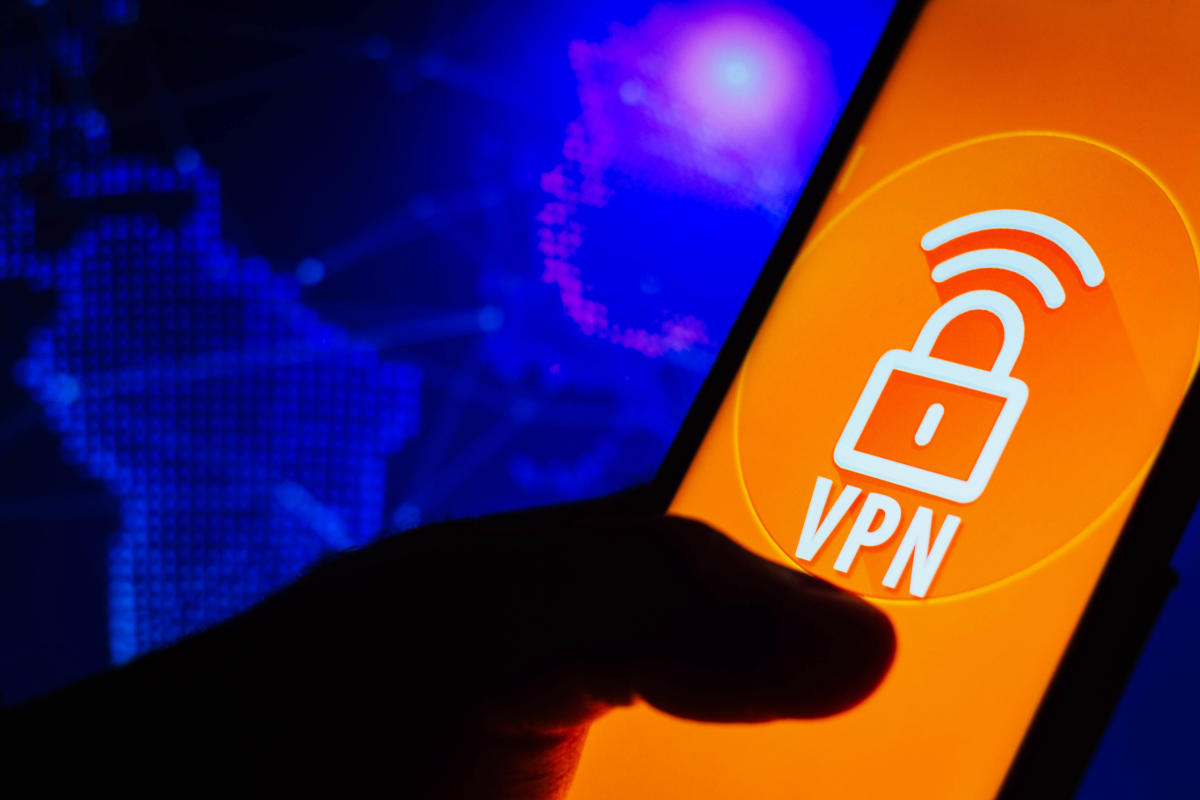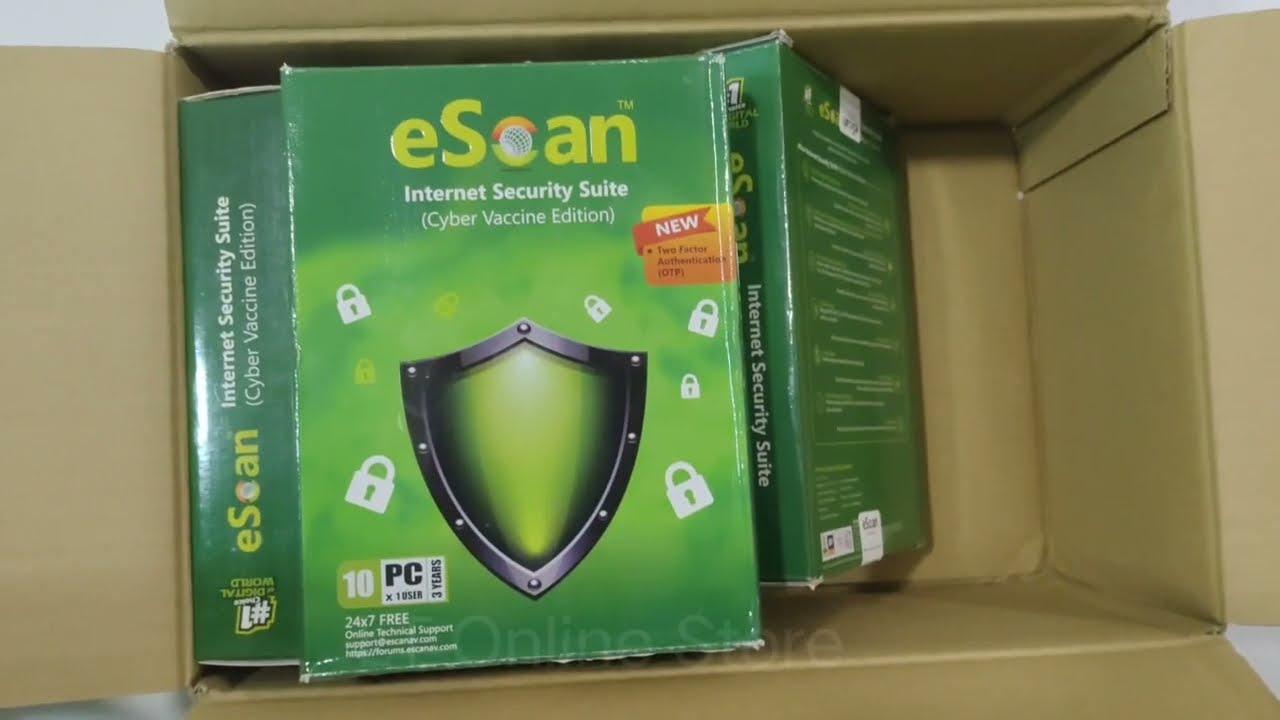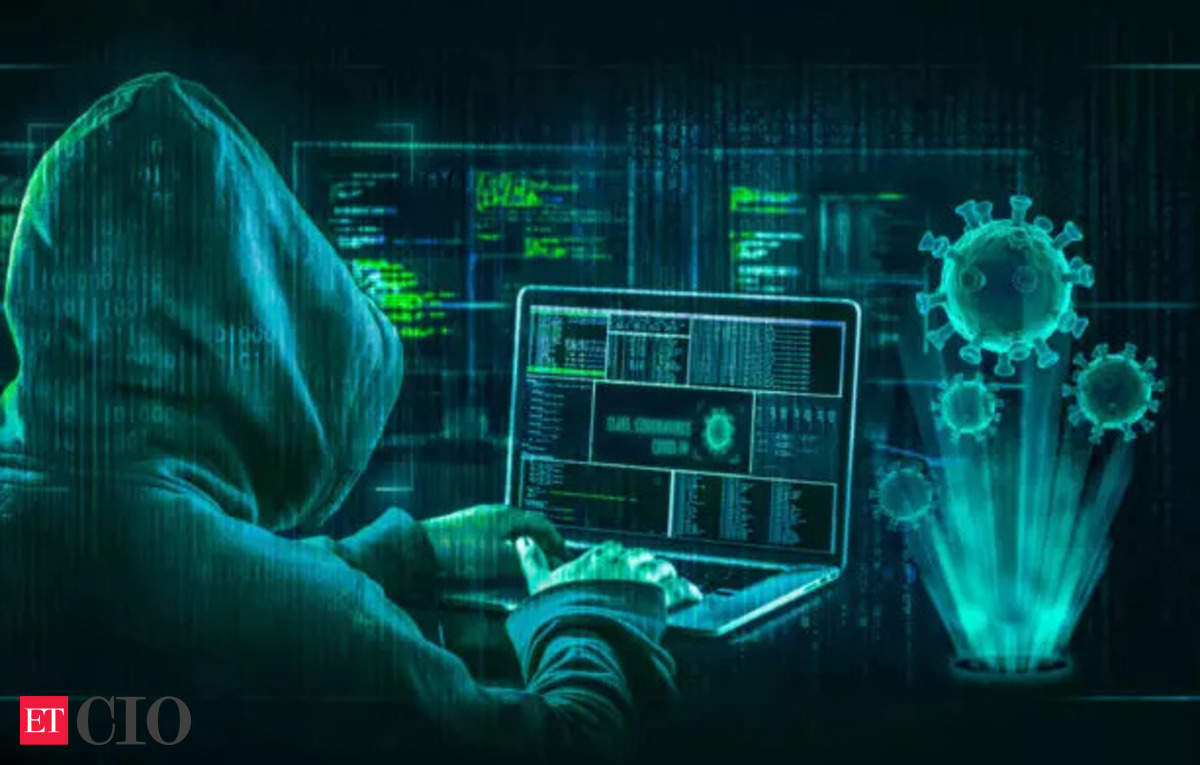Everyone is selling VPNs, and that’s a problem for security
Whatever YouTube rabbit hole you’ve spiraled down lately — gaming playthroughs, political commentary, niche eight-hour video essays — you’ve encountered an ad for virtual private network, or VPN, services. The influencers promise military grade encryption and streaming content from anywhere as long as you use code FOLLOWME10 at checkout so that they get their cut.
It’s not just anecdotal that VPN ads are everywhere on YouTube. Since the beginning of 2016, VPN companies have collectively sponsored about 247,000 YouTube videos, according to Daniel Conn, co-founder of influencer marketing consulting firm ThoughtLeaders. Almost none came up before then, signaling rapid growth as both influencer marketing and VPN companies took off.
For the YouTubers, it’s a lucrative and consistent way to fund their aspirations; for VPN providers, it’s helping to bring the obscure security product into the mainstream. But for the casual viewer, the sharp spike in VPN ads adds to the confusion and jargon around cybersecurity — and it could be misleading us on how secure we really are.
“If you do think of it like education, it might be the most pervasive form of security education out there,” said Dave Levin, assistant professor in computer science at the University of Maryland.
Researchers at the University of Maryland took a random sample of those hundreds of thousands of ads to better understand what these influencers are saying about security. While not explicitly inaccurate, most of the ads featured vague or exaggerated claims on what VPNs could do, according to Michelle Mazurek, also an associate professor in computer science at the university.
All a VPN can really do is mask your IP address and the identity of your computer on the network by creating an encrypted “tunnel” that prevents your internet service provider from accessing data about your browsing history. They can’t keep your identity secret, protect from financial exploitation, offer “military-grade encryption” or other marketing terms these companies use. Military-grade encryption refers to AES-256, but that’s become an industry standard, and won’t protect you from security threats like phishing attacks.


